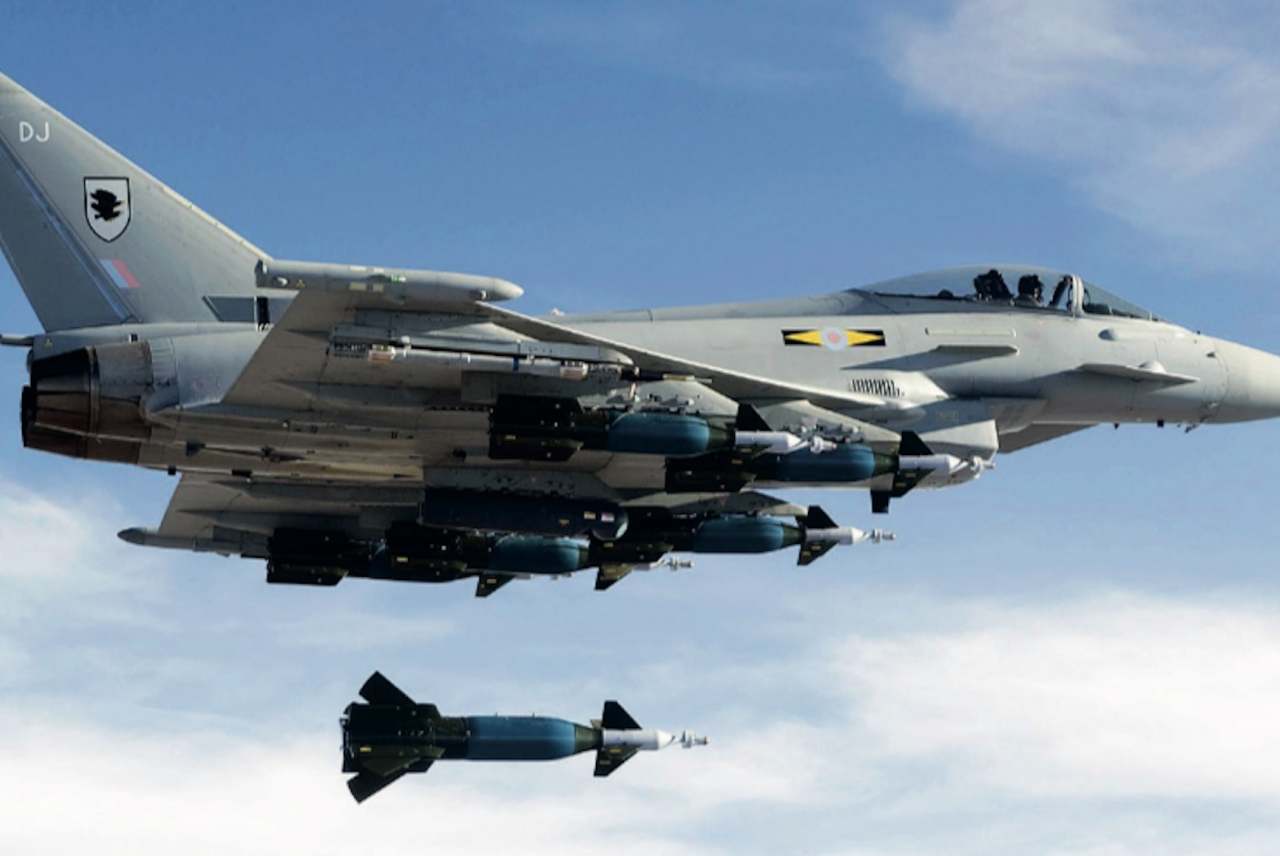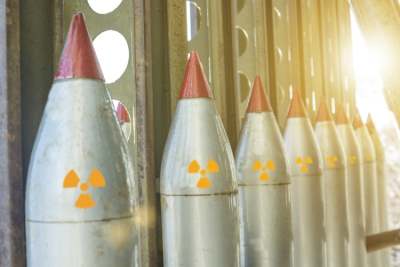Banks and other finance institutions funding nuclear weapons
In December 2022, PAX, a member of the Nobel Peace Prize winning International Campaign to Abolish Nuclear Weapons (ICAN), launched its latest ‘Risky Returns’ report, reviewing the financing of the nuclear weapons industry by global financial institutions.
ICAN argued that "by lending money to nuclear weapons companies, and purchasing their shares and bonds, banks and other financial institutions, [companies and consumers] were indirectly facilitating the build-up and modernisation of nuclear forces, thereby heightening the risk that one day these ultimate weapons of terror will be used again – with catastrophic humanitarian and environmental consequences.”
ICAN was calling for a coordinated global campaign for nuclear weapons divestment.
Nuclear weapons financing increases
The Don't Bank on the Bomb Risky Returns report found that 306 financial institutions had provided financing of $747 billion to the top 24 nuclear weapons producers, like BAE and Boeing, between January 2020 and July 2022.
Amazingly, that was a $61.5 billion increase from the previous year and at a time when the Russian invasion of Ukraine highlighted that the need for nuclear disarmament has never been more urgent.
And during that time period, the Treaty on the Prohibition of Nuclear Weapons (TPNW) came into force on 22 January 2021. The treaty explicitly prohibits the manufacture, production, and development of nuclear weapons, as well as assistance with those prohibited acts. The treaty was adopted by twothirds of UN member states but wasn’t signed by any of the world’s nine nuclear powers (the United States, Russia, France, China, the United Kingdom, Pakistan, India, Israel, and North Korea).
All these nine nuclear-armed states continue to modernise their nuclear arsenal, and many of the companies involved are funded by financial institutions.
What can finance institutions do?
The financial sector can, and should, encourage companies to make such shifts away from nuclear weapons by announcing divestment, issuing policy statements, and undertaking shareholder action.
In 2021, pressure from financial institutions was cited as the reason that Serco, formerly involved in development of the UK nuclear arsenal, would no longer bid for any nuclear weapon related contracts.
At the first Meeting of States Parties to the TPNW, in June 2022, Italian asset manager Etica Funds delivered a joint statement on behalf of a group of 37 investors, that called for the prohibition of all forms of financial assistance to the nuclear weapons industry. As put forward in the statement, ‘‘[i]t would be illogical to prohibit the production of nuclear weapons without prohibiting the financing that enables the production to proceed’’.
Hall of shame for nuclear weapons funding
Twelve finance companies listed as funding nuclear weapons appear in our finance guides and thereby lost a mark in the Arms & Military Supply column on the score tables. See the list below for how much money each is providing to companies making nuclear weapons.
Of all the 306 financial institutions in the report, Vanguard was the biggest investor. It increased its investments in 2022 by $17 billion on 2021 figures.
JP Morgan Chase was the 6th biggest investor. Its funding alone was more than the combined total of the rest of the companies in these guides. Has someone told David Tennant, the new Dr Who, who is the voice-over for Chase bank’s new TV ads?
Finance institutions funding nuclear weapons manufacturers (with amount in $ millions) - ranked by largest first:
(Figures rounded to zero decimal places. *figures from the 2021 report.)







